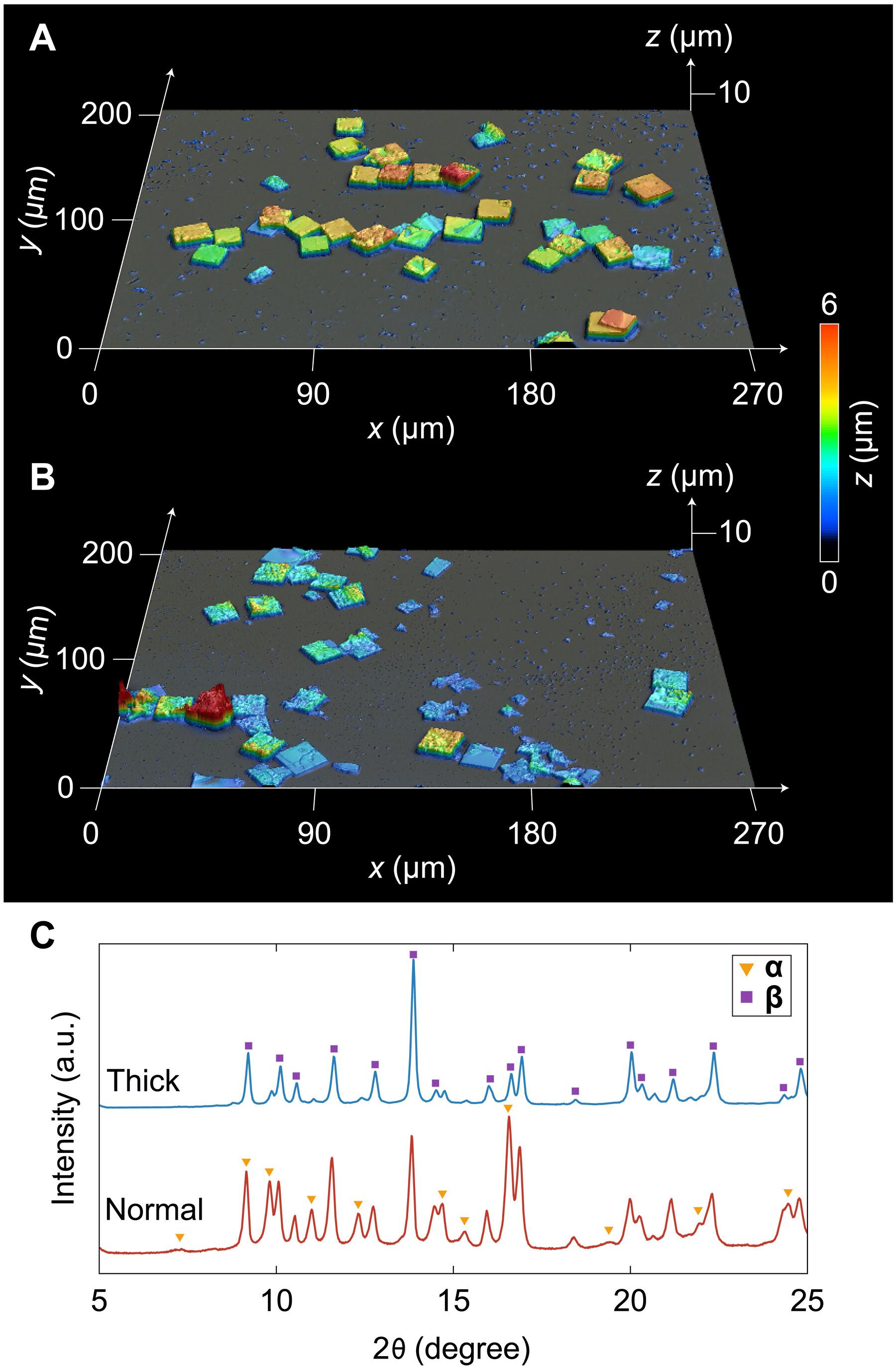随尺寸变化的客体记忆开关对层状金属-有机框架的柔性和鲁棒吸附特性的影响
IF 12.5
1区 综合性期刊
Q1 MULTIDISCIPLINARY SCIENCES
引用次数: 0
摘要
灵活坚固的金属有机框架(mof)具有独特的杂化性质,包括柔性和刚性框架的特性,具有很高的碳氢化合物分离潜力。然而,由于对其吸附机理的了解有限,尚未建立明确的指导方针来调节其杂交特性。本文研究了柔性坚固型MOF的粒径对其吸附和结构转变行为的影响。其鲁棒性来源于亚稳态无客结构的结构转变,而其柔韧性来源于另一种无客结构。无宾客结构的类型主要由粒径决定;小于临界尺寸的粒子被困在亚稳无客体结构中。值得注意的是,临界尺寸随要去除的客体分子类型而变化;因此,临界大小的差异会产生客户机内存特性,从而实现无客户机结构切换。这些结果强调了控制粒径对于微调柔性坚固mof的杂化吸附特性的重要性。本文章由计算机程序翻译,如有差异,请以英文原文为准。

Size-dependent guest-memory switching of the flexible and robust adsorption characteristics of layered metal-organic frameworks
Flexible-robust metal-organic frameworks (MOFs), which exhibit unique hybrid nature comprising both flexible and rigid framework characteristics, exhibit high potential for hydrocarbon separations. However, no clear guidelines have been established to regulate their hybrid characteristics owing to limited understanding of their adsorption mechanism. This study investigates the effects of the particle size of a flexible-robust MOF on its adsorption and structural transition behaviors. The robust nature originates from the structural transition of a metastable guest-free structure, while its flexible nature arises from another guest-free structure. The type of guest-free structure is predominantly determined by the particle size; particles below the critical size are trapped in the metastable guest-free structure. Notably, the critical size varies with the type of guest molecule to be removed; consequently, the difference in critical size results in guest-memory characteristics, enabling guest-free structure switching. These results underscore the importance of controlling the particle size to fine-tune hybrid adsorption characteristics of flexible-robust MOFs.
求助全文
通过发布文献求助,成功后即可免费获取论文全文。
去求助
来源期刊

Science Advances
综合性期刊-综合性期刊
CiteScore
21.40
自引率
1.50%
发文量
1937
审稿时长
29 weeks
期刊介绍:
Science Advances, an open-access journal by AAAS, publishes impactful research in diverse scientific areas. It aims for fair, fast, and expert peer review, providing freely accessible research to readers. Led by distinguished scientists, the journal supports AAAS's mission by extending Science magazine's capacity to identify and promote significant advances. Evolving digital publishing technologies play a crucial role in advancing AAAS's global mission for science communication and benefitting humankind.
 求助内容:
求助内容: 应助结果提醒方式:
应助结果提醒方式:


